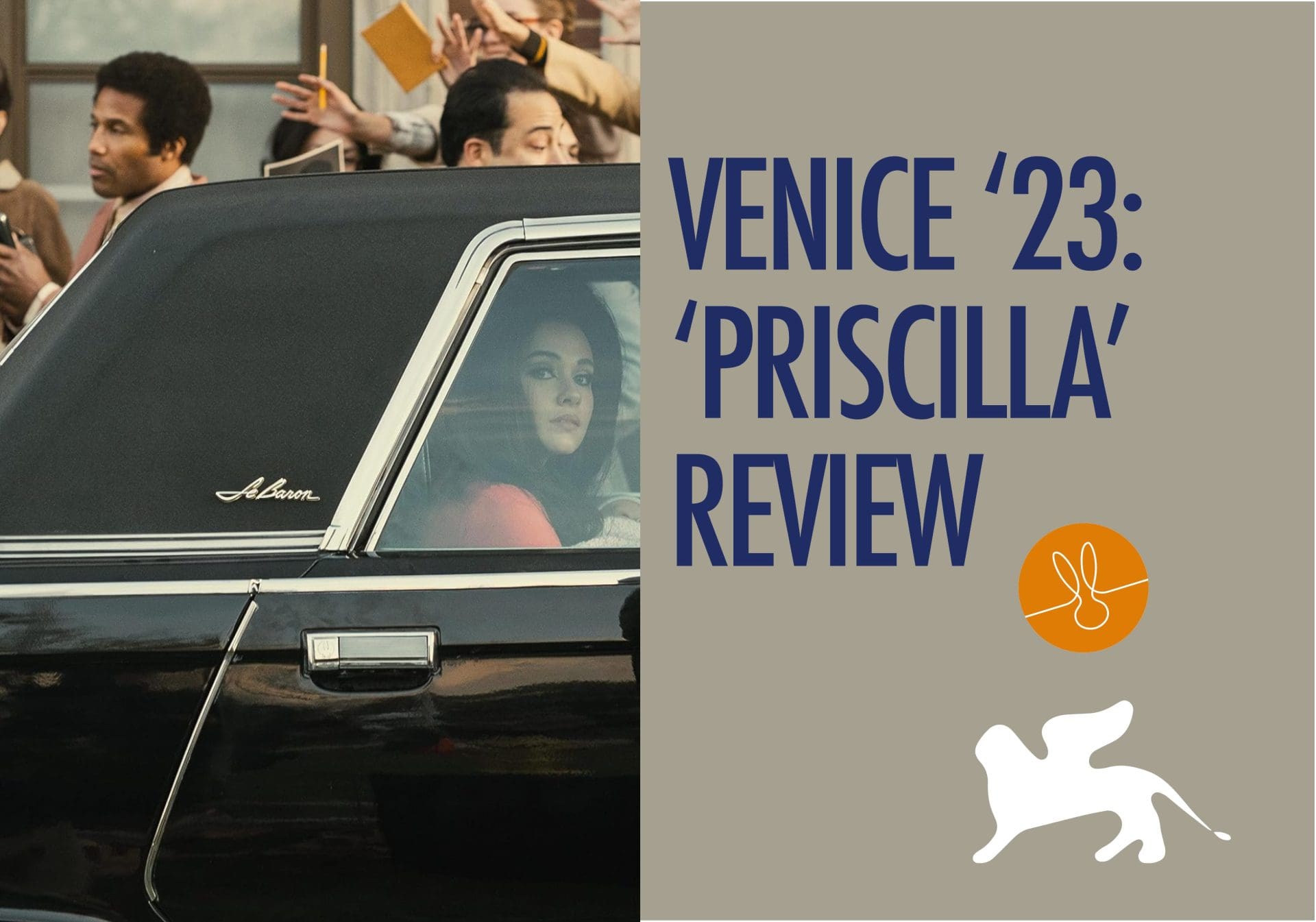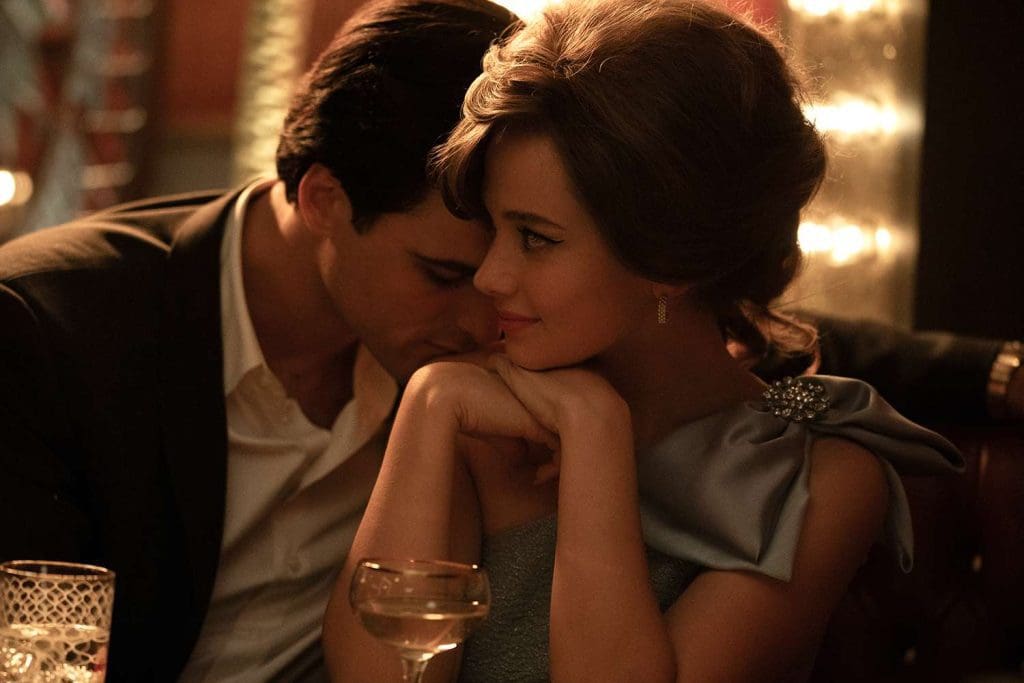
Priscilla feels like a sober correction to Baz Luhrmann’s 2022 Elvis film.
It’s impossible not to compare the two—especially since, through Priscilla’s eyes, The King is not a naive, tragically misled artist, but a manipulator; a cunning Machiavellian control freak who imprisons his wifeand holds strong contempt for her living her own life or holding her own thoughts. Based on Priscilla’s autobiography, Elvis fans, like myself, will see their hero in a new light, and even if it struggles to replicate the era, music, or the chisel-jawed likeness of Austin Butler in Luhrman’s film (Elordi feels too modern to me), it works brilliantly as an example of a toxic relationship, where a woman’s agency is stifled by a charismatic man child.
In Coppola’s sympathetic tribute to Priscilla, Cailiee Spaeny portrays her over two decades, from a sweet schoolgirl in West Germany, to a traumatised housewife of one of the world’s biggest stars. The lack of visible ageing here makes it hard to keep up with where we are in the couple’s lives—but performances are strong. As Elvis’s mask drops, Spaeny does a great job of reacting, hiding, attempting to save him from himself; holding onto the shadow of the schoolgirl from the film’s first half, which makes each of his brutal outbursts feel just as disturbing by their inevitable end as when she first arrives to Graceland. When times are good, though, Priscilla reminded me of Goodfellas: sequence after stylish montage of Vegas casinos, guns, beehive haircuts, Presley’s gang of hangers-on circling the pair like West Side Story’s Jets and Sharks, and excess, sex, and drugs (which obviously will spell the downfall for Elvis and Priscilla’s marriage). It can be sparkling and humorous at times. But it mostly made me anxious. Elvis is unpredictable. A real monster to the poor Priscilla.
This is a Sofia Coppola film, so the costume-design here is top tier. I loved seeing the doo-woppy camp collar shirts and flared trousers, the glittering robes and Elvis’s satin PJs (embroidered EP, obviously). West Germany is a drab and moody place. When we finally arrive in America, there is so much colour and vibrancy, the film almost corrects your eyesight. The lighting work here is perhaps the most experimental aspect of Coppola’s filmmaking this time, especially in one scene where the couple decide to do LSD together—no CGI, no fancy effects, just woozy, hypnotic lighting.
The film changes its tone in the second half, and many of the audience members I watched the film with still had more questions than answers. But that’s probably to miss the point. Priscilla is a film that challenges our idea of our heroes through the eyes of those that they have wronged the most. Beyond its famous subjects, though, it is also a really potent reminder that there are women quietly suffering in psychologically abusive relationships. If only we could see what they endure. In Priscilla, we get more than that. We even get a glimmer of hope.




